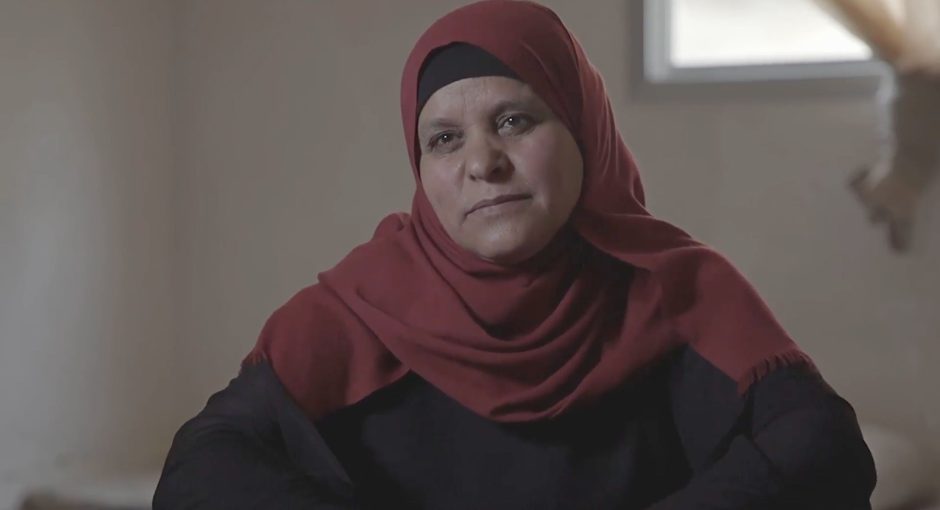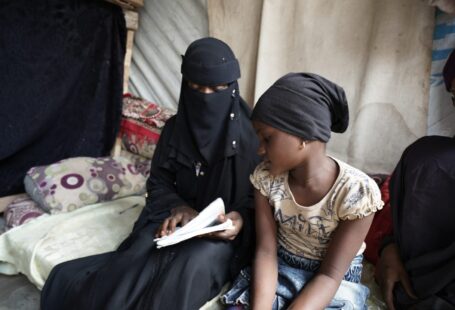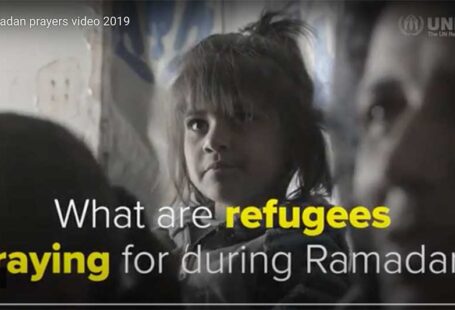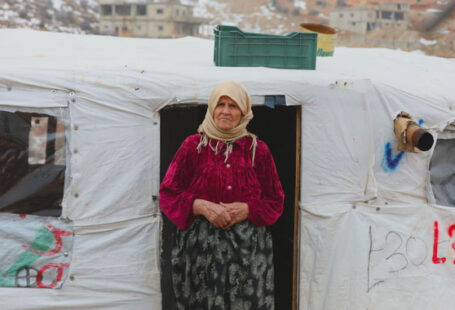More than a decade after the Syrian crisis broke out, Syrian refugees in Lebanon are facing as much precarity as ever. Per a survey conducted jointly by UNHCR, WFP, and UNICEF, it is estimated that 90% of Syrian refugee households live in extreme poverty and are on less than half the Lebanese minimum wage. The dearth of employment opportunities stems in large part from the host country’s severe socio-economic and financial downturn due to the fuel crisis, the Beirut port explosion, and the COVID-19 pandemic – all of which have disproportionately affected refugee households. As Fatima, a Syrian refugee mother, attested when asked to describe her situation: “After the economic crisis [in Lebanon], everything changed. We are unable to afford anything. Our situation deteriorated”. Furthermore, according to the UNHCR-WFP-UNICEF survey, most Syrian refugees who share Fatima’s struggles have resorted to negative coping strategies to survive, including begging, borrowing money, not sending their children to school, cutting health expenses, or not paying rent.
However, after receiving UNHCR’s winter cash assistance, Fatima is able to avoid such strategies, “at times, we use the assistance to pay rent. Other times, we postpone paying rent and we use the assistance to buy food. Without [it], we may end up begging in the streets”. In addition to the distribution of shelter weatherproofing and the distribution of winter core relief items, this cash assistance is helping refugee households like Fatima’s to acquire fuel, winter clothes, and heaters, making it a key component of UNHCR’s series of winter programmes.
With that said, the 3,900% increase in food prices since October 2019 is putting immense strain on the likes of Fatima, and will continue to do so in the absence of a comprehensive macroeconomic and financial stabilization plan in Lebanon: “I have this pain inside and hurts”, she says. This is why giving your Zakat and Sadaqah is so critical, because it can make all the difference for families trying to survive another brutal winter season.











Social Profiles